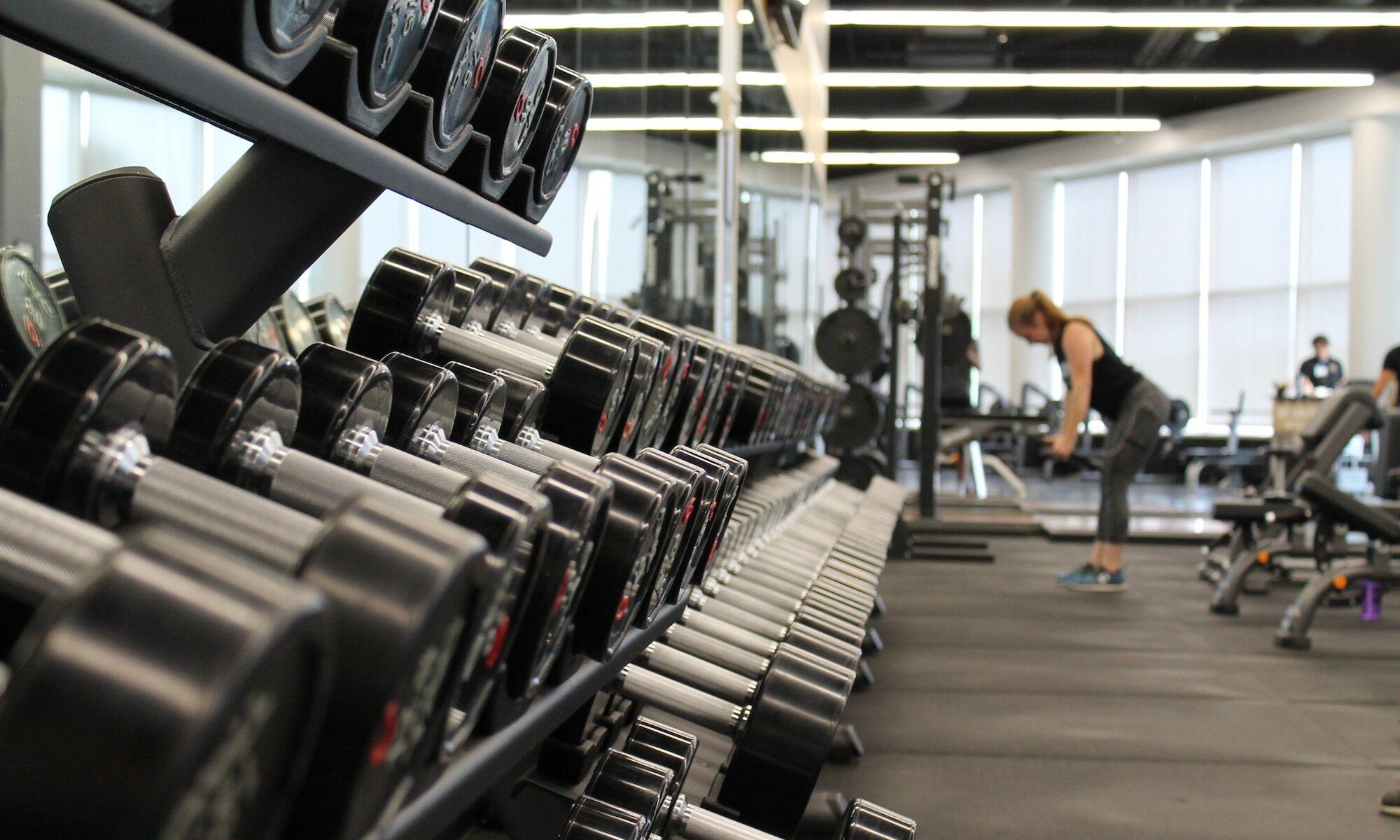Finding balance between a demanding career, motherhood, and maintaining stellar fitness can seem daunting. Yet, actress Shweta Tiwari’s fitness routine shines as a compelling example of how thoughtful workout choices combined with an active lifestyle create an age-defying, toned physique. At 44, Shweta openly shares her commitment to Pilates and light weight training — a regimen that differs from traditional fitness paths yet teaches us powerful lessons about personalization, wellness, and sustainable strength training. Without relying on yoga, which she admits isn’t her focus due to concentration challenges, Shweta epitomizes tailored fitness strategies that prioritize health, flexibility, and functional strength.
How Pilates Forms the Foundation of Shweta Tiwari’s Fitness Journey at 44
When it comes to developing a strong yet flexible body, Pilates emerges as a central pillar in Shweta Tiwari’s workout routine. Pilates, a practice developed in the early 20th century focusing on core strength, posture, and controlled movement, offers a full-body workout that improves muscle tone, flexibility, and balance.
Shweta incorporates Pilates into her regimen about two months ago and notes marked improvements in her posture and overall fitness. Pilates encourages deep muscle engagement, which is key not only for aesthetics but for functional health—boosting spine stability, enhancing breathing mechanics, and preventing injuries. This form of exercise complements her light weight training by providing a mindful connection between mind and body.
Why Pilates is a Staple for Maintaining an Active Lifestyle
- Core Strengthening: Pilates targets the deep core muscles, a critical component for injury prevention and balance improvement.
- Flexibility Enhancement: The method promotes elongation of muscles, unlike many traditional strength exercises that focus solely on muscle bulk.
- Postural Awareness: Pilates practitioners develop better posture, translating to less back pain and improved daily movement efficiency.
- Mind-Body Connection: Emphasizes precise movements paired with controlled breathing for mental wellness and stress relief.
Medical studies have reinforced the benefits of Pilates for adults approaching middle age—it’s low impact yet highly effective in supporting musculoskeletal health and overall wellness. This aligns seamlessly with Shweta’s goal to achieve fitness that supports longevity, helping her balance motherhood and a professional career without burnout.
For those inspired to emulate this lifestyle, understanding the foundational components of Pilates is important. Consider consulting certified personal trainers who specialize in Pilates. These experts can provide tailored plans that accommodate your fitness level and goals. Shweta’s approach reminds us that Pilates isn’t a quick fix but a continuous journey toward body awareness and strength—a journey accessible to all age groups.
| Benefits of Pilates | Description |
|---|---|
| Core Stability | Enhances the stability of the lumbar spine and pelvis |
| Improved Flexibility | Elongates and stretches muscles for better range of motion |
| Balanced Strength | Develops symmetrical muscle growth reducing overuse injuries |
| Enhanced Posture | Improves spinal alignment and reduces postural issues |
| Mental Focus | Promotes concentration and mind-body coordination |
Whether you aspire to a Pilates-focused routine or want to complement your existing workout with this powerhouse method, its role in Shweta’s regimen showcases how functional fitness can remain gentle yet highly effective. It’s a path winding through wellness that anyone can follow, regardless of age or prior fitness background. This is a testament echoed across fitness communities, including insights shared by experts featured on our platform like Suniel Shetty’s fitness insights.
Incorporating Light Weight Training: Shweta’s Approach to Strength Without Bulk
Strength training doesn’t always mean bulking up. At 44, Shweta Tiwari opts for light weight training, balancing her regimen to maintain muscle tone, prevent age-related muscle loss, and improve metabolic rate. This approach is vital for anyone looking to retain a sculpted figure without aggressive muscle gain.
Light weight training focuses on higher repetitions with moderate loads, which helps enhance muscular endurance and joint health. It fits perfectly into Shweta’s fitness philosophy: cultivate strength while promoting graceful movement rather than sheer power.
Advantages of Light Weight Training for Mid-Life Fitness
- Muscle Tone Improvement: Promotes lean muscle development that shows definition without excessive bulk.
- Joint Protection: Using lighter weights reduces risk of joint strain, an important factor as we age.
- Metabolic Health: Maintains a healthy metabolism which supports fat loss and energy levels.
- Functional Strength Enhancement: Helps maintain the ability to perform everyday activities with ease and reduces injury risk.
Personal training professionals increasingly encourage their clients in similar age brackets to focus on these strength training modalities. Balancing strength and flexibility becomes even more crucial to prevent degeneration in connective tissue and bone density issues. This strategy complements Pilates perfectly, creating a full spectrum of fitness.
| Light Weight Training Benefits | Impact |
|---|---|
| Muscle Endurance | Allows sustained muscle activity with less fatigue |
| Injury Prevention | Reduces joint stress compared to heavy lifting |
| Lean Muscle Development | Improves body composition and tone |
| Enhanced Mobility | Supports fluid movement patterns |
| Boosted Metabolism | Supports fat burning and energy utilization |
Individuals eager to integrate light weight training safely should seek guidance from certified trainers or professionals specializing in personalized programming, such as those highlighted in our article on assessing and enhancing fitness levels. This will help avoid overtraining and optimize progress toward a toned, healthier physique.
Shweta’s Mindful Choice: Why She Skips Yoga Yet Embraces Other Forms of Wellness
Yoga has become synonymous with wellness for many, but Shweta Tiwari openly admits that she skips yoga entirely. The reason? She struggles to focus and switch off her mind during yoga sessions. This candid admission sheds light on an essential reality: fitness and wellness practices must align with individual preferences to be sustainable.
Skipping yoga does not mean neglecting wellness. Shweta replaces it by engaging in Pilates and light weight training combined with brisk walks that provide cardiovascular benefits and mental clarity. Her choice underlines that wellness is multifaceted and personalized approaches trump one-size-fits-all solutions.
Alternatives to Yoga for Mental and Physical Wellness
- Pilates: Offers simultaneous physical strengthening and mind-body concentration.
- Walking: Easy to adopt, promotes cardiovascular health, and encourages mindfulness.
- Strength Training: Builds physical resilience and fosters confidence and emotional balance.
- Breathwork Exercises: Enhances relaxation without requiring complex postures.
- Meditative Movement Forms: Such as Tai Chi or Qigong for those seeking mindfulness in motion.
The modern approach to personal training emphasizes this diversity. Your fitness and wellness methods should invigorate and uplift, not feel like an obligation. This has been highlighted in extensive research and practical advice found in resources like our comprehensive article on fitness strategies for late starters.
| Wellness Alternatives to Yoga | Benefits |
|---|---|
| Pilates | Strengthens core, improves posture, mind-body awareness |
| Walking | Cardiovascular health, stress relief, accessible fitness |
| Strength Training | Builds muscle, boosts confidence, enhances metabolism |
| Breathwork | Calms the nervous system, reduces anxiety |
| Tai Chi/Qigong | Improves balance, mental focus, and mobility |
The key takeaway from Shweta’s fitness philosophy is the importance of aligning your routine with what energizes you mentally and physically. This tailored approach underpins long-term consistency and results beyond temporary fitness fads.
The Role of Balanced Nutrition in Supporting Shweta’s Fitness Regimen
While physical training forms the core of Shweta Tiwari’s workout, her diet controlled under the guidance of nutritionist Dr. Kinita Kadakia Patel complements her fitness efforts. Nutrition is critical in maintaining a toned physique, supporting recovery, and fueling consistent workouts like Pilates and strength training.
Shweta follows a strictly planned diet that incorporates balanced, natural foods aimed at optimizing energy, recovery, and overall health. This deliberate approach to nutrition demonstrates how diet and exercise act synergistically to propel health and wellness forward.
Essential Nutritional Principles Supporting a Toned Physique
- Lean Proteins: Aid muscle repair and support metabolic functions.
- Complex Carbohydrates: Provide sustainable energy for workouts and daily activity.
- Healthy Fats: Crucial for hormone balance and joint health.
- Hydration: Enhances recovery and cognitive function.
- Micronutrient Rich Foods: Vegetables and fruits supply antioxidants and aid inflammation control.
For many pursuing fitness goals, creating a nutrition plan alongside exercise — often advised through professional personal training or nutrition coaching like the programs featured in Joseph Baena’s fitness journey — is instrumental in attaining sustainable success. Proper nutrition reduces fatigue, maximizes exercise benefits, and fosters a healthier lifestyle.
| Nutrition Components | Function in Fitness |
|---|---|
| Protein | Repairs muscle tissue and promotes lean muscle growth |
| Carbohydrates | Supplies energy needed for endurance and strength exercises |
| Healthy Fats | Supports hormone production and joint lubrication |
| Water | Facilitates nutrient transport and muscle recovery |
| Vitamins & Minerals | Reduce inflammation and support overall wellness |
Adopting a diet plan with whole foods, mindful portion control, and consistency amplifies the impact of workout routines, as showcased in Shweta’s disciplined approach.
Maintaining a Consistent Routine: Lessons from Shweta Tiwari’s Fitness Philosophy
Consistency is the linchpin in transforming fitness aspirations into tangible results. Shweta Tiwari’s journey, featuring Pilates, light weight training, and a nutritious diet, reveals that sustainable fitness depends on a routine that is enjoyable, manageable, and flexible enough to accommodate a busy lifestyle.
She accompanies her workout sessions with daily walking, which is a simple yet powerful habit to boost cardiovascular health and stimulate mental clarity. This holistic approach to wellness—combining strength training, mindful exercise, and active lifestyle habits—is endorsed by numerous fitness professionals across various platforms, including insights available at walking goals by age and resources on gym growth and wellness optimization.
Strategies to Build and Sustain a Fulfilling Fitness Regimen
- Set realistic goals: Align targets with your lifestyle and health status.
- Incorporate variety: Balance Pilates, strength training, and cardiovascular activities.
- Listen to your body: Adjust intensity and rest days as needed.
- Invest in personal training: Receive professional guidance that customizes your routine.
- Celebrate progress: Recognize small victories to maintain motivation.
Whether managing a household or a professional career, Shweta’s regimen exemplifies how integrating fitness with wellness principles can create lasting transformations. For those looking to enhance their fitness journey, expert guidance found in case studies like Planet Fitness growth success stories can offer valuable motivation and practical insights.
| Consistency Factors | Impact |
|---|---|
| Goal Setting | Keeps motivation aligned with achievable outcomes |
| Routine Variety | Prevents workout monotony and sustains engagement |
| Professional Guidance | Optimizes fitness results and safety |
| Body Awareness | Encourages mindful adjustments and injury prevention |
| Progress Tracking | Boosts motivation through visible results |


